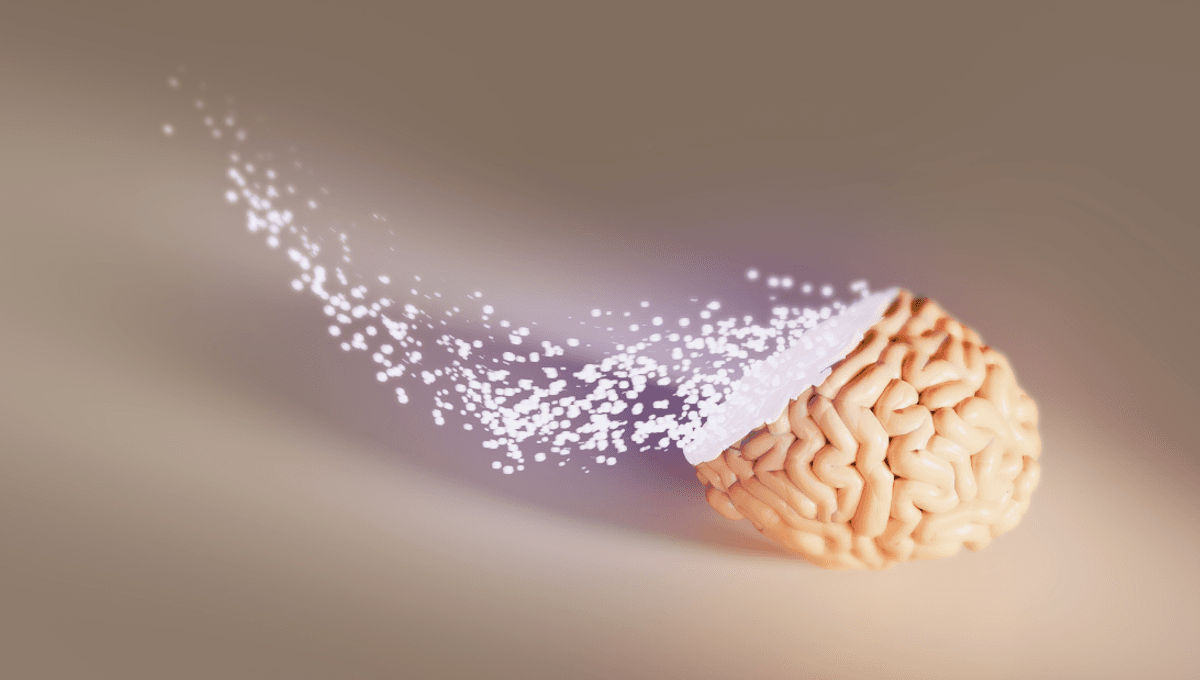
“I’ve got it!” I declare from my deathbed. “The meaning of life, it’s-“ Nuts. Popped my clogs before I could solve one of the great mysteries. If only there were a way to retrieve my memories. If only it was possible to preserve my brain in such a way that it could one day be compatible with being uploaded and bring me back to life. Turns out, such a scenario may not be as outlandish as you might think.
The feasibility of brain preservation and decoding human memories is one that sounds confined to science fiction, but a recent survey of 312 neuroscientists has yielded “surprising openness” within the scientific community. That’s according to a study led by Dr Ariel Zeleznikow-Johnston, author of The Future Loves You, who was of two minds when it came to the scientific community’s response.
“On the one hand, I do think there’s a huge amount of neuroscientific evidence to suggest that memories are stored in structural aspects of neurophysiology, and thus I thought many of my colleagues would agree that if you could preserve brain structure, you could probably preserve memory,” he told IFLScience. “But on the other hand, it’s a pretty weird question with some weird implications, and I thought a fair number of neuroscientists would just say it was too weird to work. I was pleasantly surprised by how seriously most respondents seem to have taken the survey, and how many of them take the implications of neuroscientific research up to this point seriously.”
The results mark the first time a formal survey of this kind has been conducted, exploring the feasibility of preserving the human brain in such a way that memories could one day be extracted from it. There was a consensus of 70.5 percent of neuroscientists who agreed that our long-term memories are stored as structural brain features, rather than as dynamic processes that die with us. As for how these memories are stored, it could include synaptic strengths or neuronal connectivity patterns – the total sum of which is known as the connectome.
“The term is a homage to the word genome, which probably more people have heard of,” Zeleznikow-Johnston told IFLScience. “A human has something like 20,000 genes, and each individual human has their own variance on those individual genes, and the full collection of a person’s unique set of genes is referred to as their genome, it’s what makes them genetically different from anyone else.”
“A connectome is the idea that each of us has our unique set of connections between our brain cells, between our neurons that encode our memories and our personality, and our unique traits compared to anyone else’s. The aggregate of those together is called your connectome.”
My guess is that actually that number will creep up over time as we get better at doing these brain implants, emulations, all these other things.
Dr Ariel Zeleznikow-Johnston
If we can capture that connectome in a way that doesn’t rip our squishy brains to pieces (like the crystals that form when we freeze something), then theoretically we could search for those structural brain features and decode a person’s memories. So, if we were to instead use advanced techniques like aldehyde-stabilized cryopreservation, which uses chemical fixatives combined with vitrification rather than simple freezing, could it be possible? The median answer provided by the neuroscientists surveyed was a 40 percent probability that yes, memories could theoretically be extracted from brains that had been preserved in this way.
Forty percent was also the probability given as to whether whole brain emulation – effectively uploading and digitizing a person’s brain – could be created from preserved neural tissue, potentially enabling full restoration of memory and consciousness. If you adhere to the concept of information-theoretic death, then this could mean that it’s theoretically possible to live on, well, forever.
“Admittedly, that’s not 100 percent,” highlighted Zeleznikow-Johnston. “That means that there’s not full consensus in the community that yeah, definitely this will work, but it’s not 0.1 percent, or 0.01 percent. That’s a substantial chunk of neuroscientists who think there’s a very real chance that it will work, and my guess is that actually that number will creep up over time as we get better at doing these brain implants, emulations, all these other things.”
There’s still a lot of work to be done if we’re going to close the gap from 40 percent to 100, but the race is already on to prove a pivotal next step.
“I think that if any group could show that a specific memory could be decoded from a preserved brain, that would strongly strengthen the argument that memories are stored in static brain structure,” said Zeleznikow-Johnston. “Alternatively, if this proved impossible to do even after many years of trying and with increasingly sophisticated tools, then that would suggest that maybe more is needed than can be found in a preserved brain. Exactly this sort of challenge is being put forth by the Aspirational Neuroscience community, which has a $100,000 prize for the first group to decode a non-trivial memory from a preserved brain.”
If you’ll pardon me, I’ve got a date with a brain.
The study is published in the journal PLOS One.
Source Link: Can A Brain Be Preserved And Uploaded? Neuroscientist Survey Reveals "Surprising" 40 Percent Probability That Yes, It Could